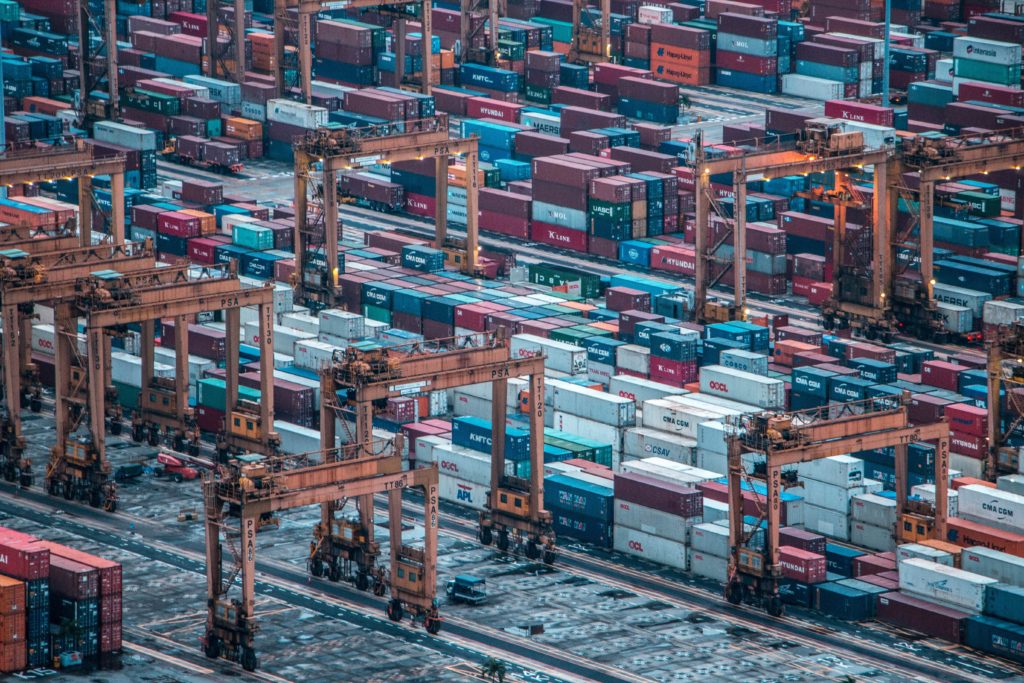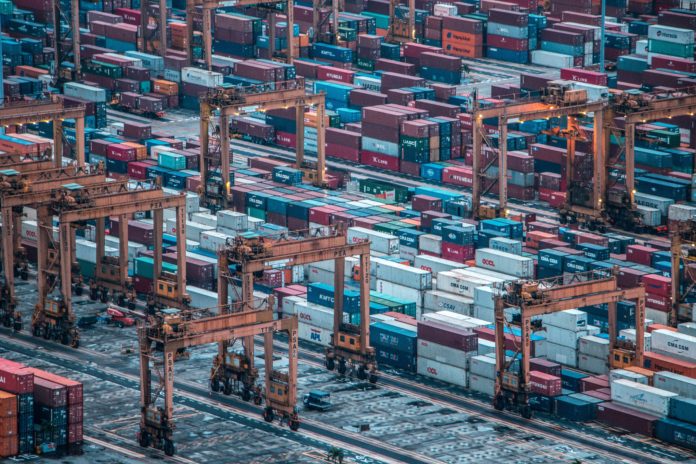By Gabrielle Nina Mitch
About 95% of trade in goods and people has transited the African continent, this was said by Mr. Zammit, Director General of the Mediterranean Institute for Skills Training in Tunisia, who moderated the session on the Port Efficiency and Competitiveness in Africa. According to him, African ports, key sectors of African economies, play a considerable role in the economic growth of African countries.
“Despite an exceptional growth rate, accelerated by the intensification of trade relations, particularly with the Asian continent, Africa’s share represents only 3% of the world’s international freight transport, 5% of world trade and less than 2% of world containerized traffic.’’ He concluded Zammit.
With 30,725 km of coastline, Africa has 90 main ports and many other ports offering services for fishing and tourism. Ray Facey from IOS a Partner Company of the African Union in Maritime Transport, during its field visits to 5 African ports in order to conduct data collection and diagnostics on Efficiency and Competitiveness of port in Africa.

‘’As an illustration in terms of competitiveness, Mombasa Port competes for cargo with ports on the East and West Coast of Africa’’ he said Ray Facey. The competing ports are also well connected to the hinterland. On the East Coast, Dar es Salaam is the only competing port for cargo bound to the landlocked hinterland, but offers limited competition to Mombasa Port at present due to lack of adequate port and cargo handling facilities, he concluded.
In addition, African ports represent 4% of the global port traffic volume of containerized cargo, a large part of which is made up of imports of manufactured goods during the period of the crisis. Maritime transport and African ports are not always in line with global trends and standards, to meet these international standards, heavy investment is required.
“Transport in West and Central Africa is considered slow and expensive, for the competitiveness of ports, there are a number of criteria which are costs, time and security issues,” said Mr. Traoré from the West and Central African Maritime Organisation and consultant at African Union Commission.
According to him, Maritime transport plays a very important role in trade, and without which there is no economic development, adding that it is important to upgrade port infrastructure and services as well as improve their performance to meet international standards
“There is a strong increase in world maritime traffic, there is also the liberalization of maritime transport at world level, and the delay of African ports in catching up with the latest technological changes will leave ports of Africa in the domination of a few major shipping companies and maritime operators from outside Africa,” Traore concluded.
And since the African Maritime Transport Charter, has ratification from only a few member states, Dr. Mbiah urged delegates attending the second PIDA dialogue in Malabo to pledge and ratifications for their countries.
He further cautioned the delegates to understand that there can never be a green economy without a blue economy, as both climates and economies will work well hand in hand.














